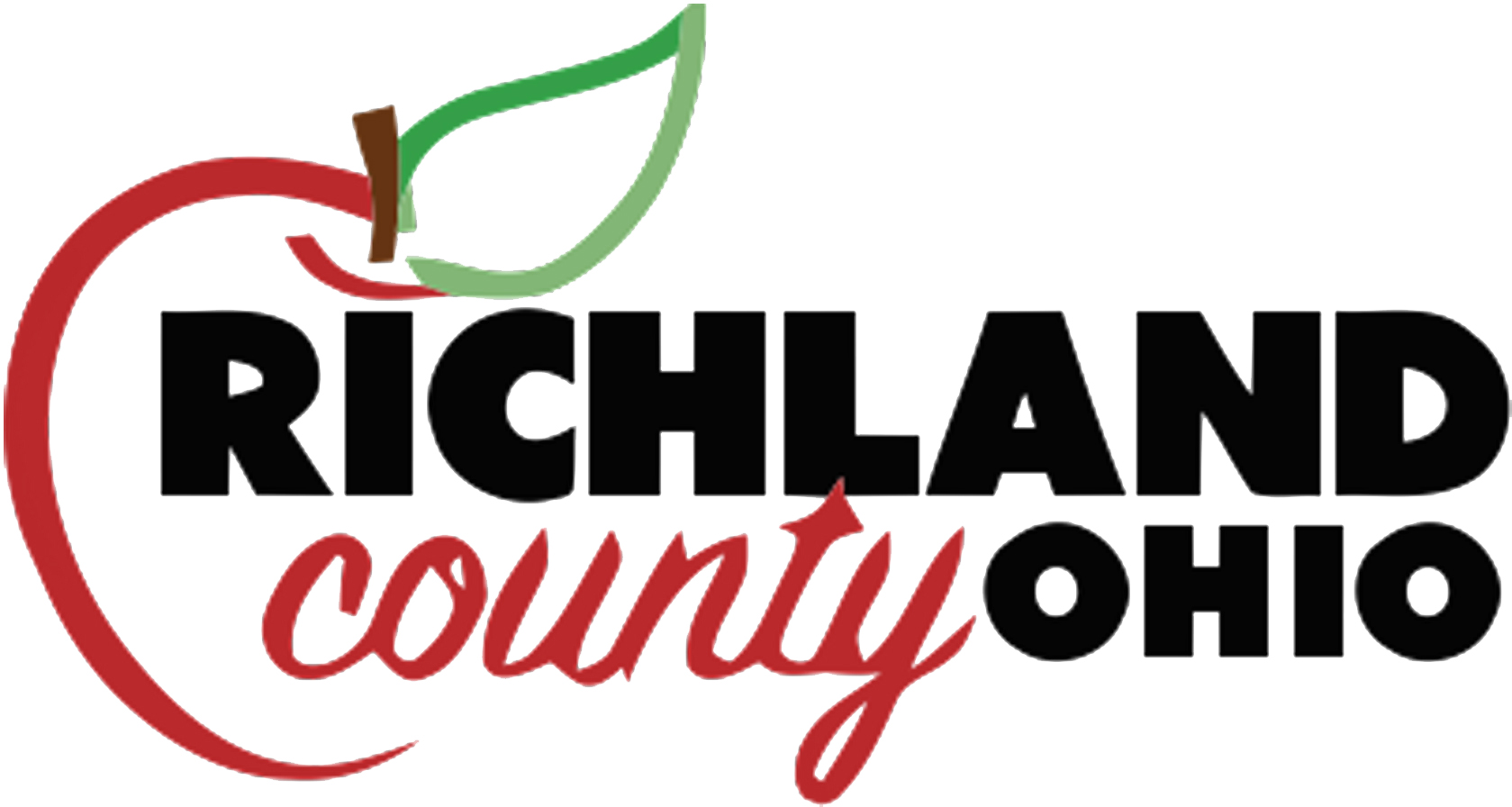Duties
General Information
Hours
Monday - Friday
Hours: 8am - 4pm
Many people do not understand the difference between a Coroner and a Medical Examiner. Both essentially perform the same functions, but there are a couple of differences. Medical Examiners are appointed officials and are always licensed physicians. Coroners are elected officials, and this theoretically offers them autonomy and freedom from being controlled by an “appointing” agency, however in most states they are not required to be licensed physicians. Ohio is one of two states that utilize the Coroner system but require their elected Coroners to be licensed physicians.
Duties of the Richland County Coroner’s Office include:
- To respond to death scenes when needed, 24 hours a day, 7 days a week
- To thoroughly investigate death scenes
- To determine the date and time of death, as near as possible
- To determine the manner and cause of death
- To take all necessary steps to properly and positively identify the decedent
- To collect, preserve, and process pertinent evidence at the scene (sometimes working along with the local or state crime lab)
- To photograph, sketch, or otherwise document the scene
- To interview witnesses, family members, physicians, employers, friends, neighbors, etc.
- To remove the body from the scene in a dignified manner
- To make sure that next-of-kin are notified in a proper fashion
- To take responsibility for all personal effects on the person of the deceased, and to document the release of these items to the family, law enforcement, or crime lab
- To determine in which cases that an autopsy should be performed
- To arrange for an autopsy by a forensic pathologist when required
- To be present at autopsy if necessary, and to otherwise consult with the forensic pathologist in determining cause of death
- To provide families with information and assistance in helping them through the ongoing process of the death investigation
- To compile and document all information in an unbiased, accurate, and thorough report
- To interact with other law enforcement, government, and health agencies, including police/sheriff, fire, EMA, prosecutors, private attorneys, OSHA, Consumer Product Safety Commission, FAA, NTSB, hospitals, funeral homes, organ donation teams, etc.
- To release information to the public and media through interviews and press releases
- To provide testimony at depositions and in court
- To provide training and education in the field of death investigation and the role of the Coroner’s office to other law enforcement, health, and community service agencies
- To otherwise be of community service in any way possible, including community and school education activities and participation in community health forums and safety programs
- To ensure that the Coroner, Deputy Coroner, and Coroner’s Investigators receive ongoing continuing education by attending death investigation, medical, and forensic seminars, and encouraging certification by the American Board of Medicolegal Death Investigators

